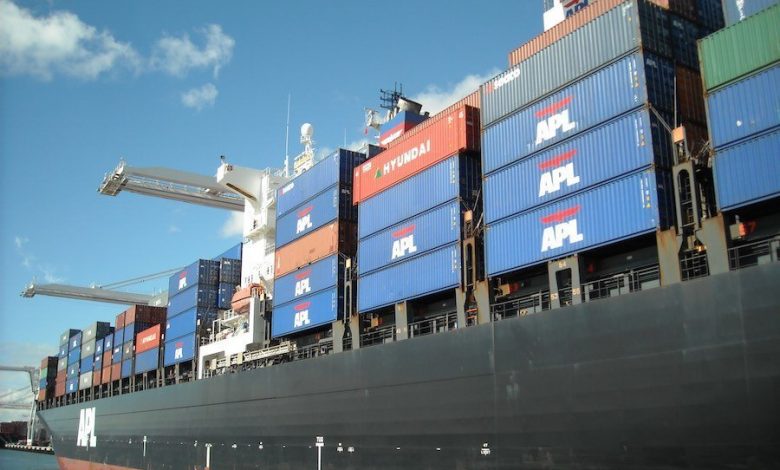Liner blockchain breakthroughs proliferate

Hong Kong company 300cubits has announced the completion of the first trial shipment in its smart contract deployed on the Ethereum blockchain, a landmark moment for liner shipping.
Last Thursday, TEU tokens – a digital currency developed by 300cubits – held as a booking deposit on blockchain were returned to the users upon receipt of a port EDI message on a textile shipment. The shipment consists of two feu going from Malaysia to Brazil. A liner company, Malaysia’s Westports and LPR, a Brazilian textile importer, participated in the trial.
The shipment booking was confirmed on March 8, booking deposits in TEU tokens were placed by both the shipper and the liner on the following day and returned on March 15 upon successful completion of the shipment loading.
300cubits said it will continue with more live shipment trials with a large group of customers, including liners, shippers, and port operators.
“It was a pleasure to be the first in the world to participate in this trial, for a technology that will change the way ocean shipments are done around the world,” said Felipe Bittencourt, CEO of LPR.
In other liner blockchain news, last week it was announced that a consortium comprising AB InBev, Accenture, APL, Kuehne + Nagel and a European customs organisation successfully tested a blockchain solution that can eliminate the need for printed shipping documents.
The consortium tested a solution where documents are no longer exchanged physically or digitally but instead, the relevant data is shared and distributed using blockchain technology under single ownership principles determined by the type of information. Through a detailed review of the current documentation processes, the group examined a re-allocation of information ownership, accountability and risk enabled by the trust and security blockchain technology offers.
An international shipment of goods for companies in areas such as the automotive, retail or consumer goods industries typically requires more than 20 different documents, many of which are often paper-based, to enable the goods to move from exporter to importer. Across these documents, up to 70% of the data can be replicated.
The solution that the consortium came up with can speed up the entire flow of transport documents, the group claimed in a release, as well as reduce the requirement for data entry by up to 80%, simplify data amendments across the shipping process, streamline the checks required for cargo and reduce the burden and risk of penalties for customs compliance levied on customers.
“Our trials have proven the viability of a shipping process in which many documents can be replaced by secure and distributed data sharing with clear and defined ownership,” said Adriana Diener-Veinott, who leads Accenture’s freight and logistics industry practice. “This gives companies a significant opportunity to save time and money while improving their service to customers.”
“As a facilitator of global trade and strong advocate of innovation, APL sees much potential in blockchain technology to accelerate the digital transformation of the container shipping industry, moving us from traditional paper-based transactions to more efficient, more secure and faster processes along the entire supply chain,” said Eddie Ng, head of strategic liner management at APL. “We are therefore happy to be part of the exciting journey to explore how disruptive technology like blockchain can benefit our industry, and ultimately our shippers and their customers.”
Further liner blockchain breakthroughs are expected to be announced shortly from many of the world’s top liners many of whom have teamed up with IBM to explore the technology.

Great to see this development of the 300 cubits platform. Hoping it can develop beyond the box trade to the parcel tanker sector.
Blockchain technolocy can be applied to smart contract. It would not only to release burden on CNEE/SHPR identification,avoid payment collecton risk, also it can make nvocc/ffwd to shorten working process in the near future. Who can establish unified platform, who would control ocean freight qutotation and collection job too. That means, the agents job could be replaced by blockchain platform sooner or later. Welcome friends who working in shipping industry for deeply discussion.